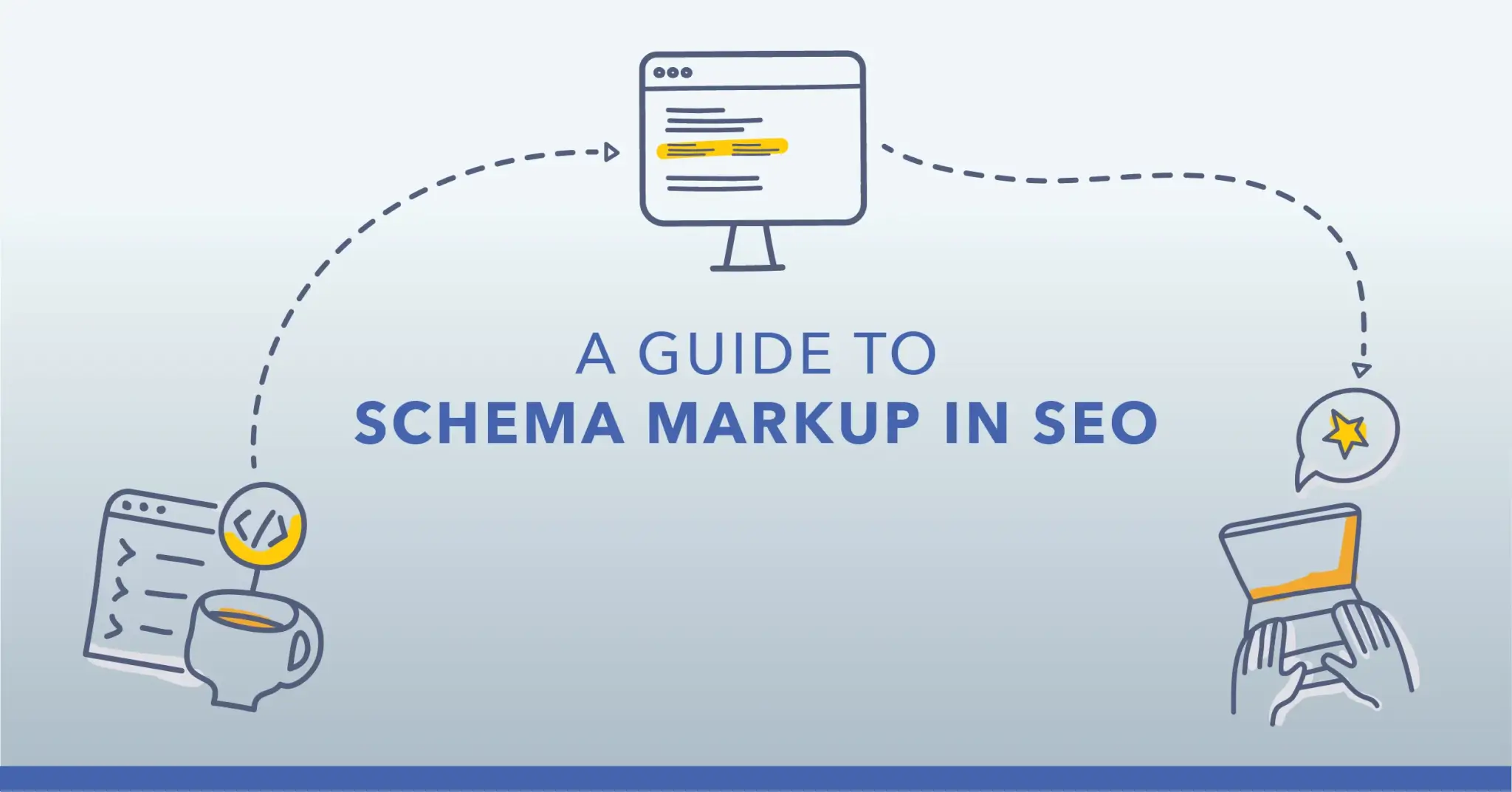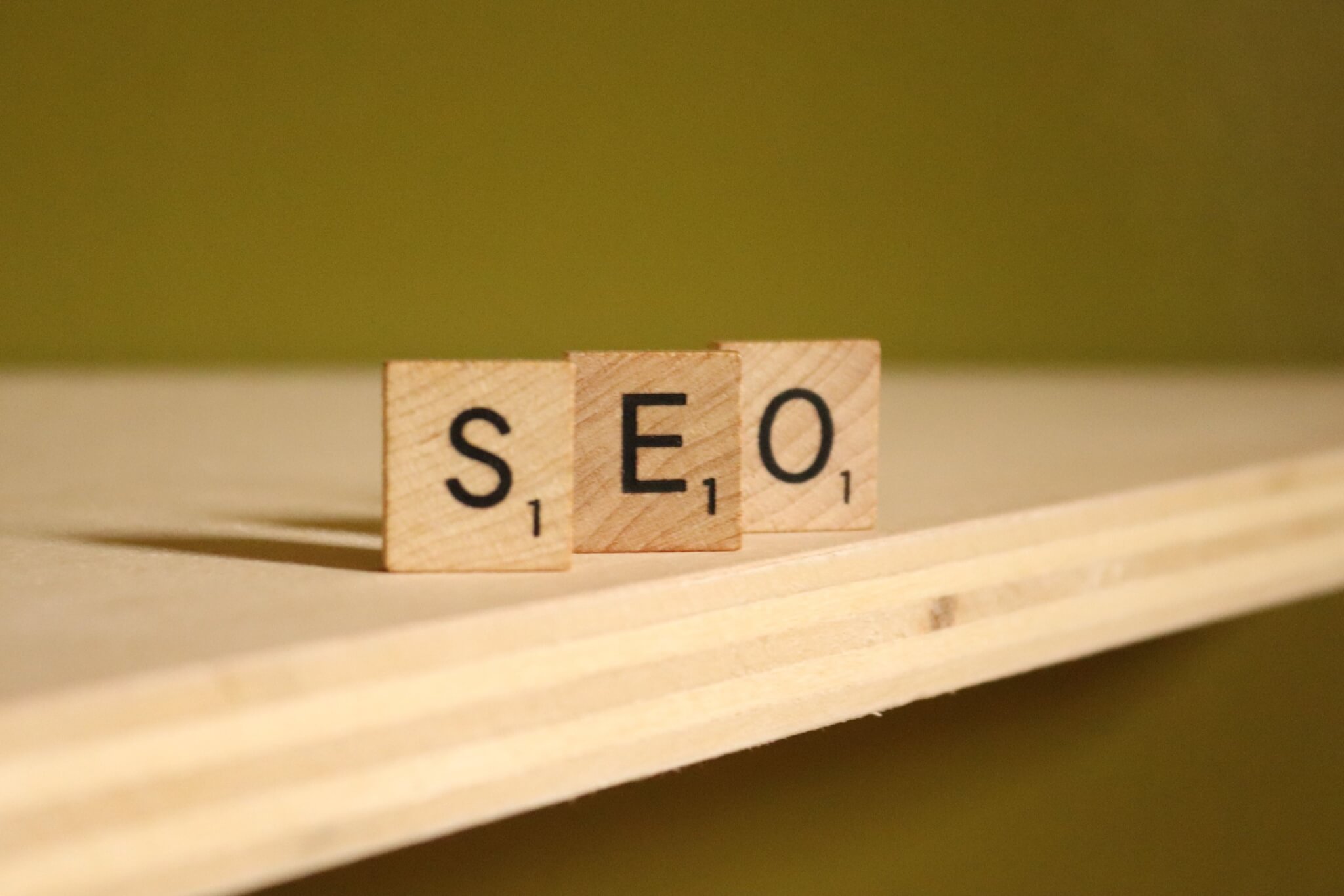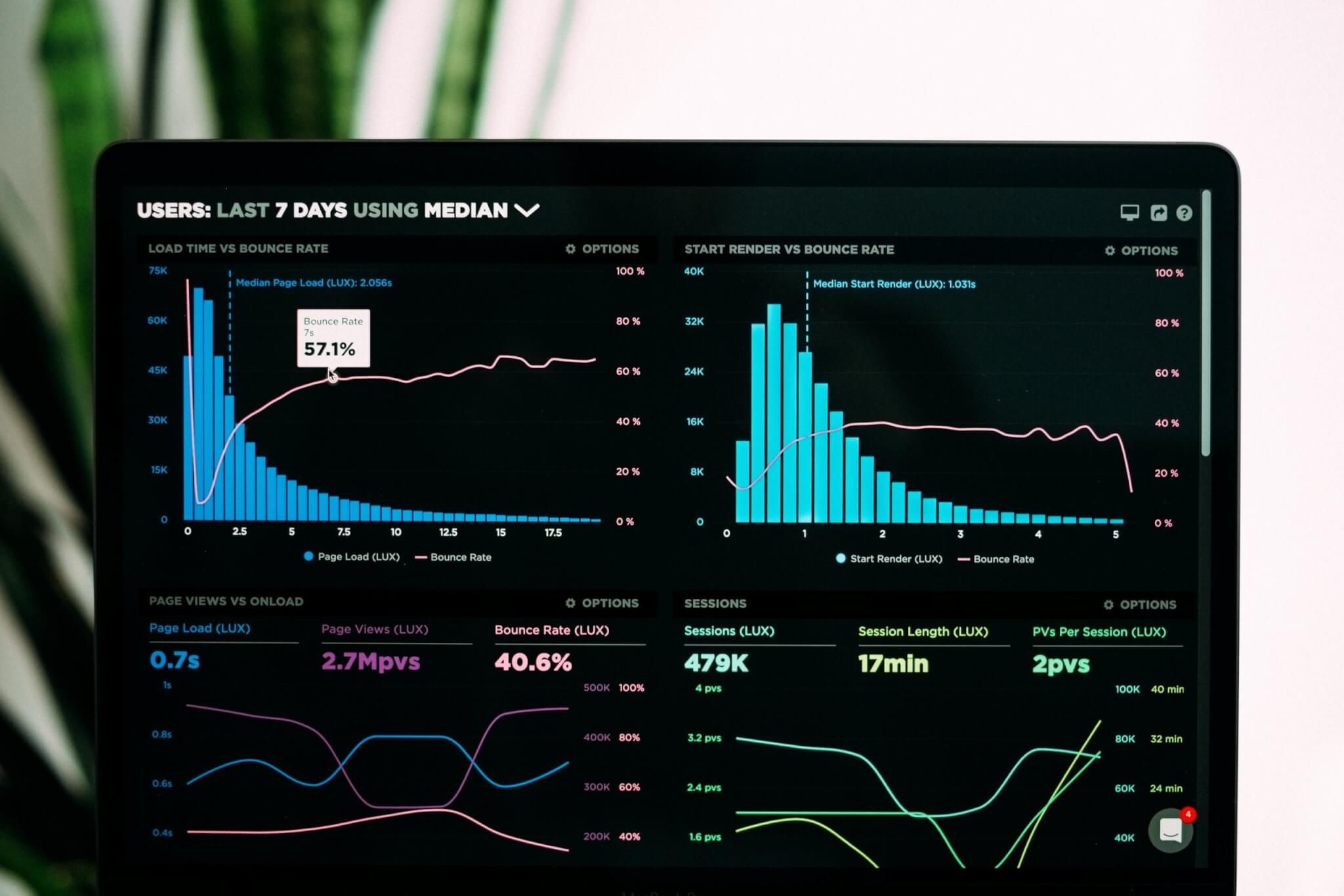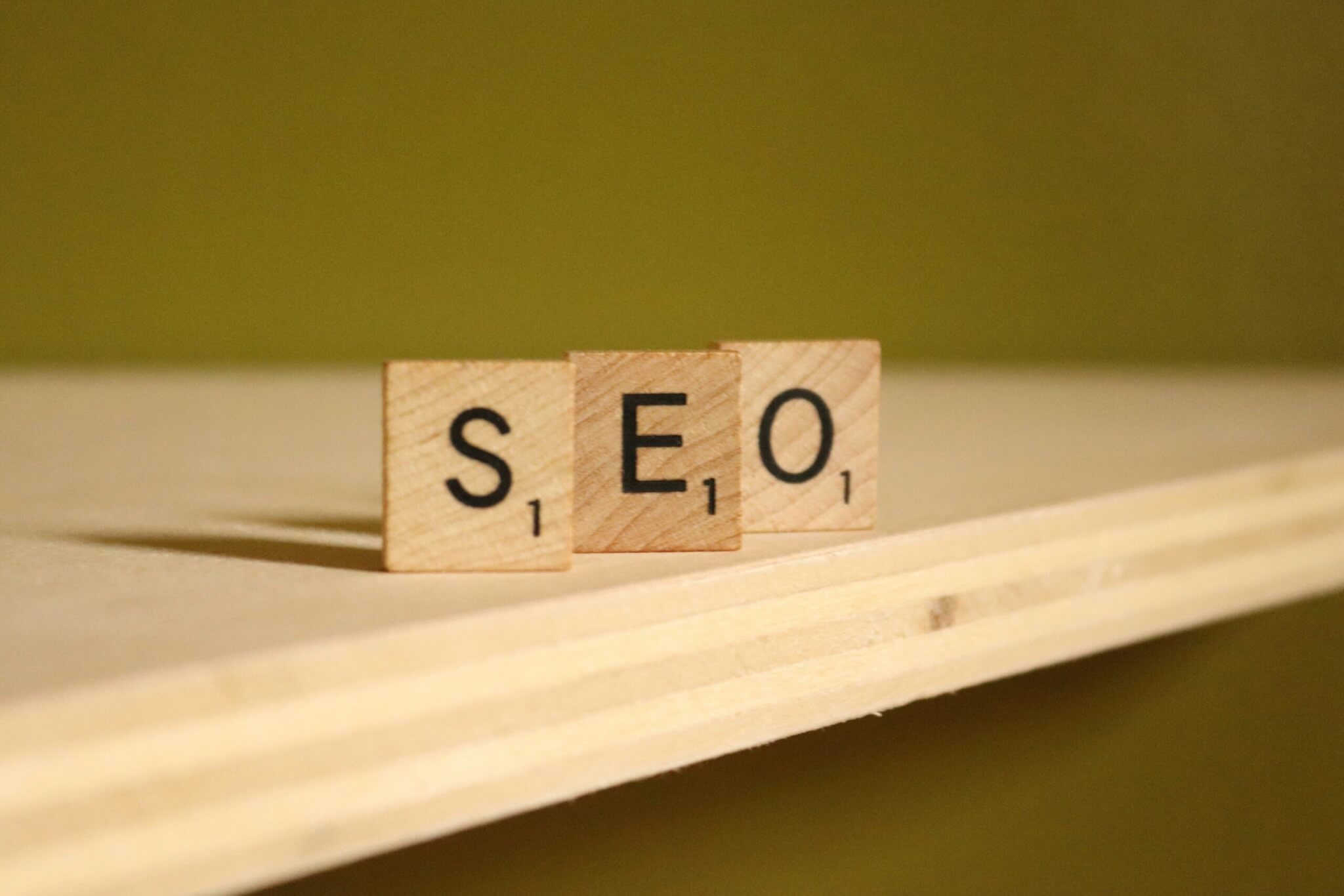The digital age means there’s never been more opportunities to take your business global. But that doesn’t mean it’s easy.
Language barriers can be a real stumbling block in getting your brand message across borders if you don’t take the time to understand what foreign users are searching for.
What marks your business as unique in the UK won’t have the same power to an international reader if language isn’t properly factored into your marketing strategy. That’s why multilingual SEO is so important.
What is multilingual SEO?
Anyone into linguistics will tell you that Google has devalued the art of translation.
Teachers despair at being handed French homework that’s clearly been run through the Translate function in mere seconds. And that same idea that translation is a quick, easy afterthought damages many companies’ marketing strategies.
Taking the time to have your website professionally translated will mean it’s as clever in Spanish as it is in English. But multilingual SEO is about much more than that.
It’s about what you do with that translated website – how you navigate and capitalise on the search market in your targeted territory.
Multilingual SEO is getting to know your audience, sounding out the local competition and having the flexibility to use the tools you know in a market that you don’t.
Why is multilingual SEO so important?
A website that’s been expertly translated into a country’s language is one step closer to success there – but it’s still got a long way to go.
If you expand your business into a new market, multi-language SEO is a crucial factor in that process. It demands the same effort and attention to detail as local SEO but with additional pitfalls such as cultural differences or subtle grammatical rules. Are you describing your product or service in the way that people in that country would actually talk about it?
Understanding your target audience’s search habits, what phrases they respond to and how your competitors talk to them allows your business to truly embed itself in that country – and not be seen as the outsider.
Ways to improve your multilingual SEO
You don’t have to be a language expert to implement multilingual SEO best practices – just like SEO in your own language, it’s as much about long-term strategy and identifying users’ needs as it is about the words themselves.
Create a multilingual SEO plan based on your target audience research
Which country are you targeting? That’s the first and most obvious question to answer, but it won’t necessarily lead you to the language you should be using. Many countries around the world use multiple languages, and the one that’s most commonly used or most relevant to your target market might surprise you.
Find out which website your target audience are most likely to be using to conduct online searches. Many of the rules of SEO might be the same for those sites, but the algorithms and ranking systems might work differently – so take the time to understand how companies achieve top rank on them.
Crucially, it’s worth factoring the right personnel into your multi-language SEO plan. It’s all very well having the website copy translated by a professional, but it’s worth hiring a freelance native speaker to cast an eye over your strategy when it’s ready to be implemented. Even a small language mistake can damage the way your business is perceived.
Don’t just translate, do localised keyword research
It’s rare that a directly translated SEO keyword – even when translated correctly – will be as relevant in your target country as the one in which you’re already operating. Broadening your research and analysing more keywords than you are likely to end up using is key.
Try translating several different variants of the keywords that you rank most highly for, and looking closely at the keywords that competitors and other businesses in your industry are using in that market.
Track their performance continually after launch rather than doing a single round of keyword research – just like in your own language, it’s an ever-evolving process.
Consider updating your domain structure
Choosing a domain structure that will help your website to integrate into its target market is a vital step. Having distinct URLs for each translated version of a page, rather than allowing the users’ cookies or web browser settings to select the language, is the method recommended by Google.
Your options for doing this include subdirectories (for example, in German you would use companyname.com/de) or subdomains (for example de.companyname.com).
If you simply reroute the user without separate URLs, Google might not find and crawl all the different versions of your page, meaning you’re less likely to rank successfully in its search results in your target country.
Remember to translate your metadata
It’s easy to underestimate the importance of translating your metadata if you’re focusing on ensuring your website copy is word-perfect for multilingual SEO. But the less visible elements of your page are just as important – and if they get lost in translation then you’re in danger of falling down the rankings before you’ve even started.
Localising every element of your website not only prevents this from happening but improves the experience for your target user, boosting the reputation of your product or service abroad with a small amount of extra translation.
Don’t forget to add hreflang tags
The use of hreflang tags internationally makes them an easy way to interlink the different translated versions of your page and specifically target the users you are interested in.
Hreflangs tell both Google and other search engines which is the correct version of your page for a particular language, as well as targeting users across multiple territories who speak the same language.
You can place them within an XML sitemap, in the page markup or in a HTTP header for non-HTML content. However, Google suggests that you use only one of these methods at a time, the recommended option is through the HTML source.
Your multilingual SEO agency
As a collaborative international SEO agency we deliver measurable results in your target market by taking the time to understand your specific objectives, using thorough research, careful translation and technical expertise to push your business up the search rankings. Get in touch with us today to find out more about what we can do for your business.



































